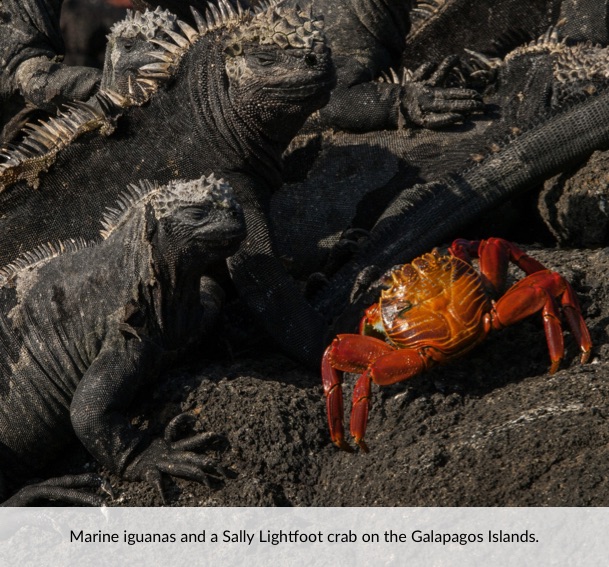
A recent worldwide review conducted by the University of Oxford underscores the troubling plight of island reptiles, cautioning about their dual vulnerability: an increased threat of extinction alongside minimal scientific investigation in comparison to mainland species. Published in Conservation Science and Practice, the research reveals alarming data: although one-third of all known reptiles are found on islands, 30% face extinction risk, in contrast to 12.1% of reptiles globally. Nevertheless, only 6.7% of reptile studies since 1960 have concentrated on island species, with nearly half of these reptiles lacking any documented research.
Ricardo Rocha, the lead author of the study, stresses the ecological significance of reptiles as keystone species, essential for sustaining island ecosystems. The review highlights common island vulnerabilities such as limited ranges, isolation, and vulnerability to invasive predators as factors contributing to the heightened extinction risks. Numerous island reptiles, having developed without mammalian predators, are defenseless against dangers like feral cats, which rank among the primary extinction threats on islands.
The research points out a biased emphasis on larger, more widespread species, while smaller, recently discovered, and high-altitude taxa are frequently neglected. While certain species like vipers and leatherback turtles receive attention for their distinctive characteristics, families that include many island endemics remain insufficiently studied.
The Indo-Malayan region, abundant in island reptiles, is one of the least researched areas, contrasting with the Palearctic region, where reptile studies are more common. Socioeconomic factors influence research priorities; wealthier island nations may emphasize tourism over biodiversity investigation, while lower-income islands depend on external research teams with differing focuses.
To bridge the knowledge gap and avert further extinction, the authors advocate for concentrated research on high-risk island species, the development of equitable research collaborations in island communities, and the inclusion of local expertise in global data. Tackling the predator issue, particularly the consequences of cats and rats, is also vital for the survival of island reptiles. The study calls for urgent, collaborative actions to enhance the evidence base, urging conservation efforts toward high-risk, under-researched regions like islands. Time is of the essence; comprehensive scientific involvement is essential to prevent future declines.